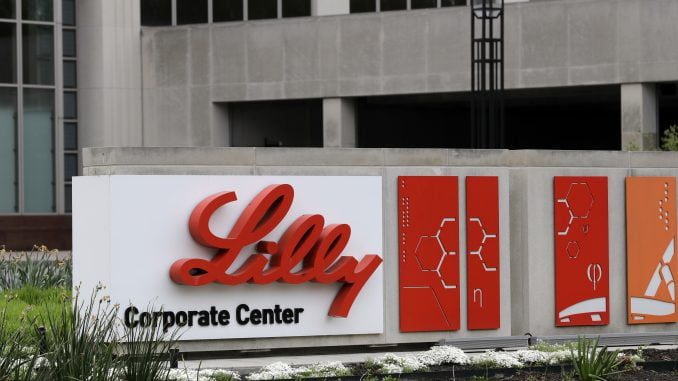
One out of 10 North Carolina adults is dealing with diabetes and an alarming one in three may be walking around with its precursor — prediabetes — and not even realize it. The sad part is that without making healthy lifestyle changes, about 15 to 30 percent of those folks with prediabetes will develop Type 2 diabetes within five years, according to Diabetes North Carolina.
Diabetes is a dangerous and deadly illness if not monitored and controlled. Unchecked, it can result in heart disease, stroke, amputation, end-stage kidney disease, blindness and death. As I know from my interaction with JDRF and the larger diabetes community, when diabetes is diagnosed, it can be very expensive to treat. In fact, people with diabetes have medical expenses about 2.3 times higher than those without it, according to the American Diabetes Association.
When it’s hard to afford medication, people may try to make it stretch further or not use it as often. That’s rarely wise and even less so with diabetes, which requires lifestyle changes and vigilance with medications.
During our long-running policy debates on health care, there is no shortage of blame placed across the sector. However, it is rare that we stand and applaud an organization when it truly works to help patients access and afford treatments and get on the road to a healthier lifestyle.
We want to take the opportunity to share with the people of North Carolina about an important resource Eli Lilly provides for those struggling to afford their diabetes supplies. In doing so, we applaud Eli Lilly Company for instituting a novel, multifaceted approach to helping diabetes sufferers afford necessary medications.
The Lilly Diabetes Solution Center was launched on Aug. 1 to help provide solutions to people who need help paying for their Lilly insulin, such as those with lower incomes, the uninsured, and people still paying their deductible in a high-deductible insurance plan.
Diabetes patients can call the center and representatives will try to develop a cost-savings plan based on the patient’s economic and personal situations. I understand Lilly’s program is also providing help for people with immediate needs for insulin and is donating insulin for ultimate distribution to nearly 150 free clinics across the country.
This call center is located in North Carolina. It is staffed by health care professionals such as nurses and pharmacists who have the expertise to assist patients. The call center can take up to 30 callers at one time, and they have the ability access translators when there is a language barrier. The Lilly Diabetes Solution Center phone number is 1-833-808-1234.
While not every patient will be able to benefit — traditional insurance customers and Medicare patients are still bound by their insurance rules — the company says the center could help more than 400,000 people living with diabetes in the United States and Puerto Rico.
Figures from the ADA show that last year, total direct medical expenses for diagnosed diabetes in North Carolina were around $7.7 billion and another $2.9 billion was spent on indirect costs from lost productivity due to the disease.
Given those figures and the potential for diabetes cases to continue to increase, my hat is off to Lilly for actively trying to help those with this disease. It is this sort of innovative and compassionate thinking that can spur the entire health care industry to establish practices that get the most vulnerable the health care they need, keep more of us healthy and save money for patients in the long run.
Reps. Jon Hardister and Ashton Clemmons both represent Guilford County in the N.C. General Assembly.



